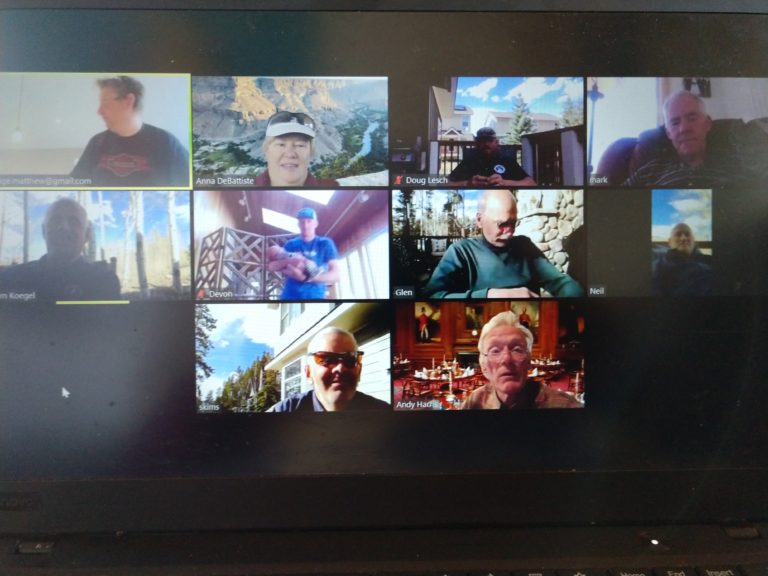I have never been a fan of science fiction, so on the surface it seems strange that I should love Netflix’s Sense8 so much. To quote the television review site Vox, the show is “complete nonsense” about a group of eight people who have some sort of psychic connection, despite living in different corners of the world including Africa, Asia, Europe, the U.S. and Mexico.
Take a deeper look, however, and it’s clear what the attraction is; my favorite topics for learning and development are diversity and team building, and that’s what this show is all about.
In the first season of Sense8, we’re introduced to eight characters who suddenly find they have a shared consciousness and can access each other’s experience remotely; they are “sensates.” The characters “show up” in each other’s worlds, at first just randomly, but increasingly at critical times of stress or when help is needed, and they can access each other’s knowledge and skill. For example, Sun, a Korean businesswoman and martial arts expert, shows up at Capheus’ Nigerian bus service just when he is being threatened by a local gang. Capheus is able to fight off the gang by borrowing Sun’s martial arts ability.
If you ignore the nonsensical nature of this plot device, it’s clear that this is about empathy and the elements that make a team successful. On a high-performance team, members are socially and intellectually attuned to each other; they take time to check in and see what’s going on with their teammates because they care about the relationships. And they leverage the skills, strengths and weaknesses of the team by putting the right players in the right situations.
A high-performance team becomes even stronger when the members are diverse. The Sense8 team’s members couldn’t possibly be more diverse. In addition to the Korean businesswoman and the African bus driver, there is a gay Mexican actor, a white male police officer from Chicago, an Icelandic white female DJ living in London, an Indian female medical researcher, a transgender lesbian computer hacker from San Francisco, and a white male German thief and safe cracker. Between them they speak seven different languages, and their differences make them stronger because they add so many different angles to the shared pool of experience. As they fight against the evil scientific research organization that is trying to eradicate their species, they draw on the most valuable skills each has to offer: the Chicago cop’s investigative experience, the German’s criminal plotting strategies, the Indian’s medical knowledge, the Mexican’s acting ability and so forth. Eight people become one, with an incredible litany of talents.
In the words of Vox writer Todd VanDerWerff, the show is about turning walls into bridges, not only within a team but between teams. “Empathy is a beautiful thing, but it too often becomes a way to empathize only with those in your tribe and turn a dark eye toward those who aren’t.” As the sensates begin to realize there are other clusters of sensates besides themselves, and have been since the beginning of time, they see the potential for becoming a team of teams.
But first, of course, they must defeat the enemy, because this is a television show after all, and we must get our dose of high-octane action and adventure. I look forward to what season three may bring.

Comments are closed.